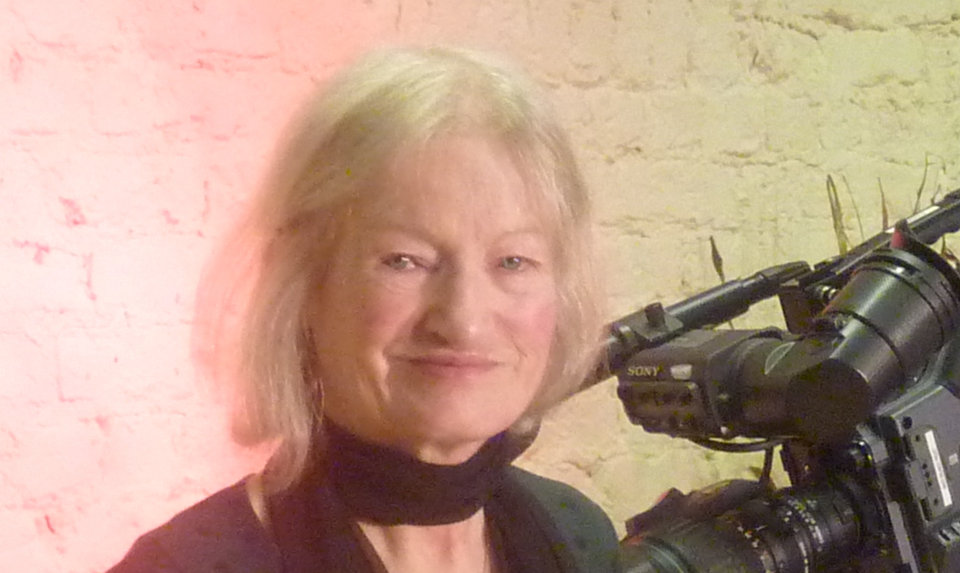Dr Avila Kilmurray from the Community Foundation NI spoke about Madge Davison who was a civil rights organiser for the N.I. Civil Rights Association and barrister from north Belfast.
Madge was born on 13 June 1949 in the Shore Road area of north Belfast, where her family lived in Pittsburg Street. She left school at the age of seventeen and started work as a secretary in the Falls Flax Spinning Mill on the Falls Road.
She joined the Communist Youth League at the age of sixteen and took an active part in all its activities. She took part in the demonstrations against the American war in Vietnam; on 18 May 1968 she threw herself in front of sailors from the American destroyer Keppler as they marched along Royal Avenue in the Lord Mayor’s parade. In 1968 also she attended the World Youth Festival in Bulgaria.
Madge was a member of the National Executive Committee of the Communist Party of Ireland from the early 1970s until her study, work and family commitments made it too difficult for her to continue. She contributed to policy-making regarding women in Ireland and, along with Margaret Bruton, Lynda Walker, and Jenny Williams, put together the CPI publication Breaking the Chains: Selected Writings of James Connolly on Women (1981).
In 1970 she took part in the breaking of the Falls curfew, when several hundred women marched in protest at being held within the area by the British army. By the 1970s she had begun work as full-time assistant organiser for the Northern Ireland Civil Rights Association, based in an office on the corner of Castle Street and Marquis Street. She helped to drive the well-oiled machine of the NICRA, organising meetings, rallies, leafleting, paper sales, and street committees.
Madge linked the Civil Rights campaign in America and Ireland when the Communist Youth Movement (CYM) protested against the framing of Angela Davis on a murder charge. Some of those involved in the civil rights campaign joined with the CYM in sending letters of protest to the then governor of California, Ronald Reagan. It was one of Madge’s ambitions to invite Angela Davis to Belfast; her comrades carried out this wish in 1994 when Angela came to Belfast at the invitation of the Northern Ireland Women’s Rights Movement.
Madge took part in the civil rights demonstration on Bloody Sunday in Derry, 1972 (she can be seen in television film, standing on the running-board of the lorry). Along with others she helped to organise the protest march in Newry the following week, and subsequently she organised the placing of a memorial in Derry to those who were killed.
In 1977, with Kevin McCorry, Edwina Stewart, and others, she organised the commemoration of the tenth anniversary of the Northern Ireland Civil Rights Association. When the organisation folded up shortly after this she made sure that all the records were put in order and were donated to the political collection in the Linen Hall Library.
When her work with the NICRA finished she began to study law. She obtained a first-class honours degree from Queen’s University and became a barrister. She stood out as an exceptional barrister and gave much of herself to her work, standing out as a gifted advocate for human rights.
She died on 27 January 1991, at the early age of forty-one.
Concluding his funeral tribute, Michael O’Riordan said: “Madge was motivated by a vision, a dream of a society in which there would be no sectarianism, no exploitation, one in which men and women would live in equality, one in which poverty would be abolished—in short, an Ireland free, united, and socialist.”




